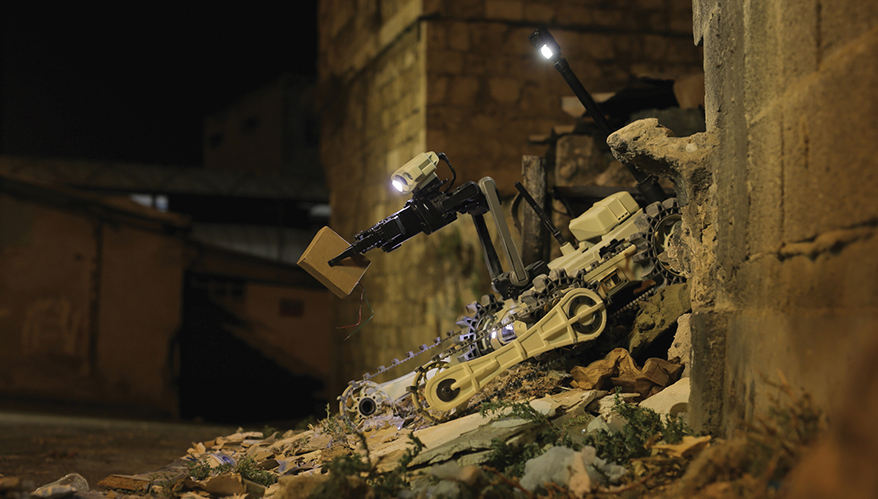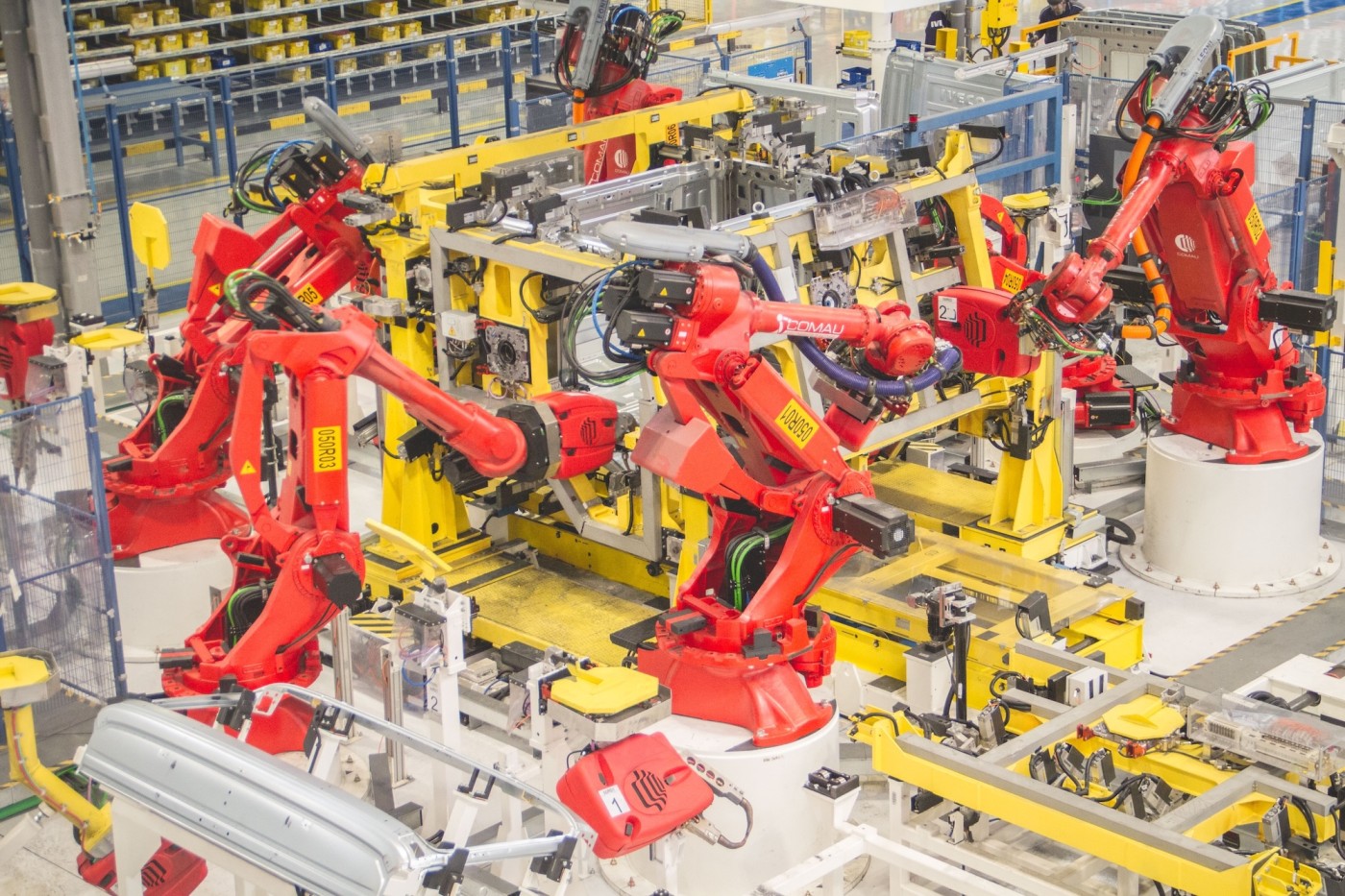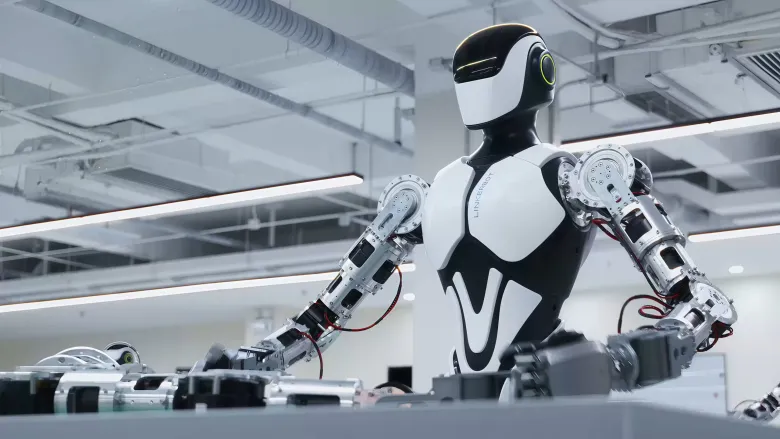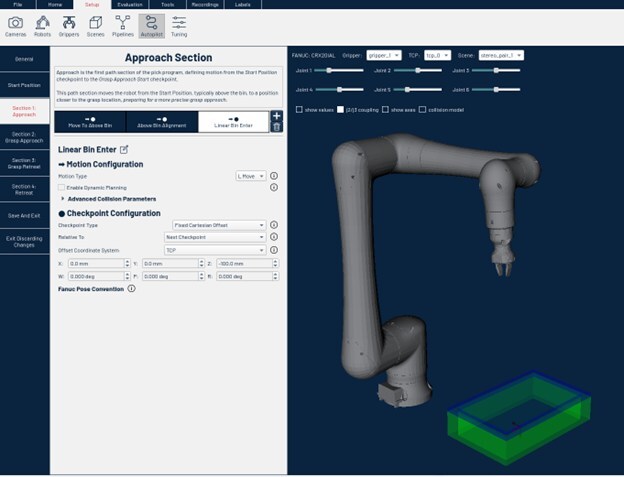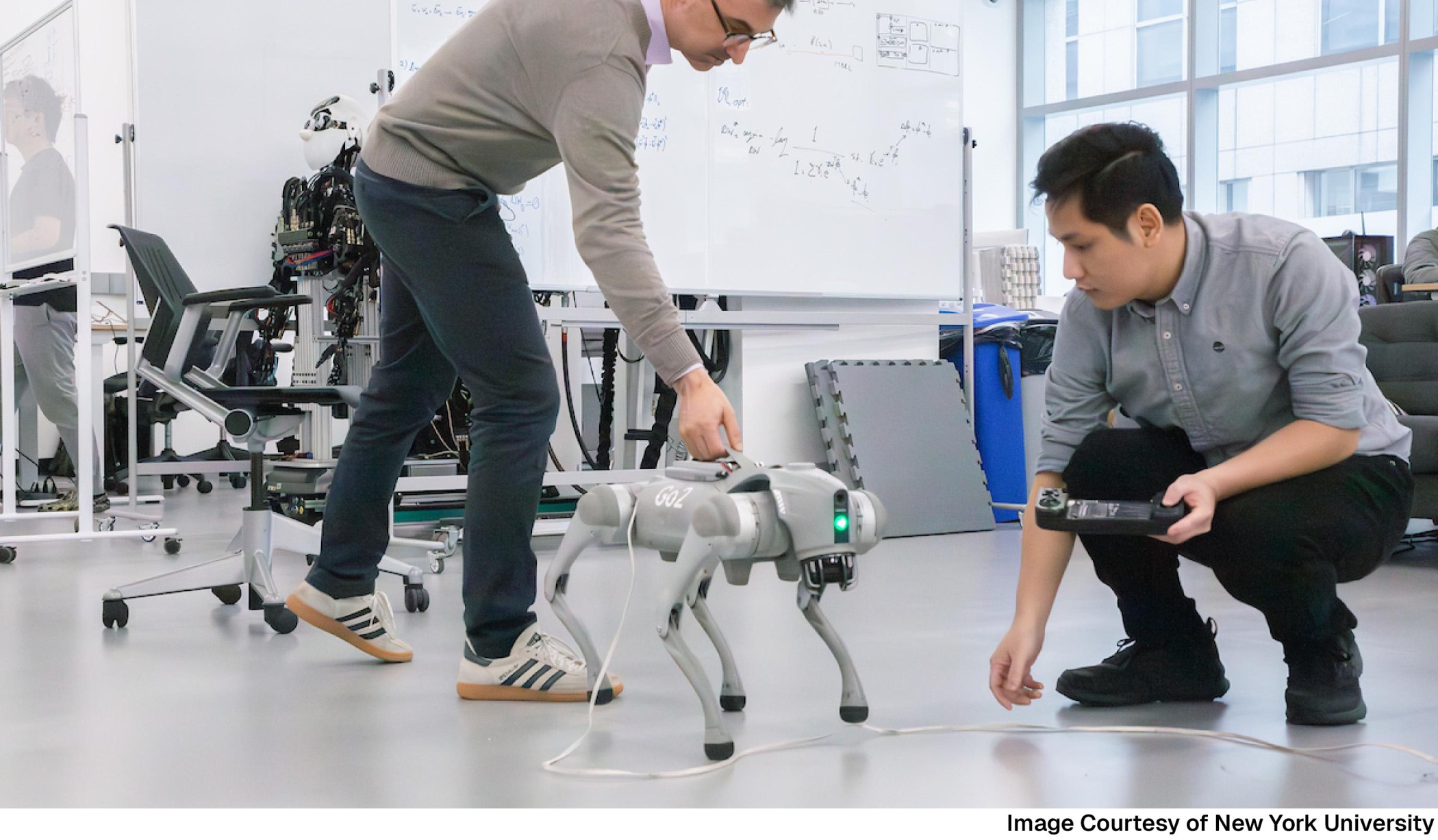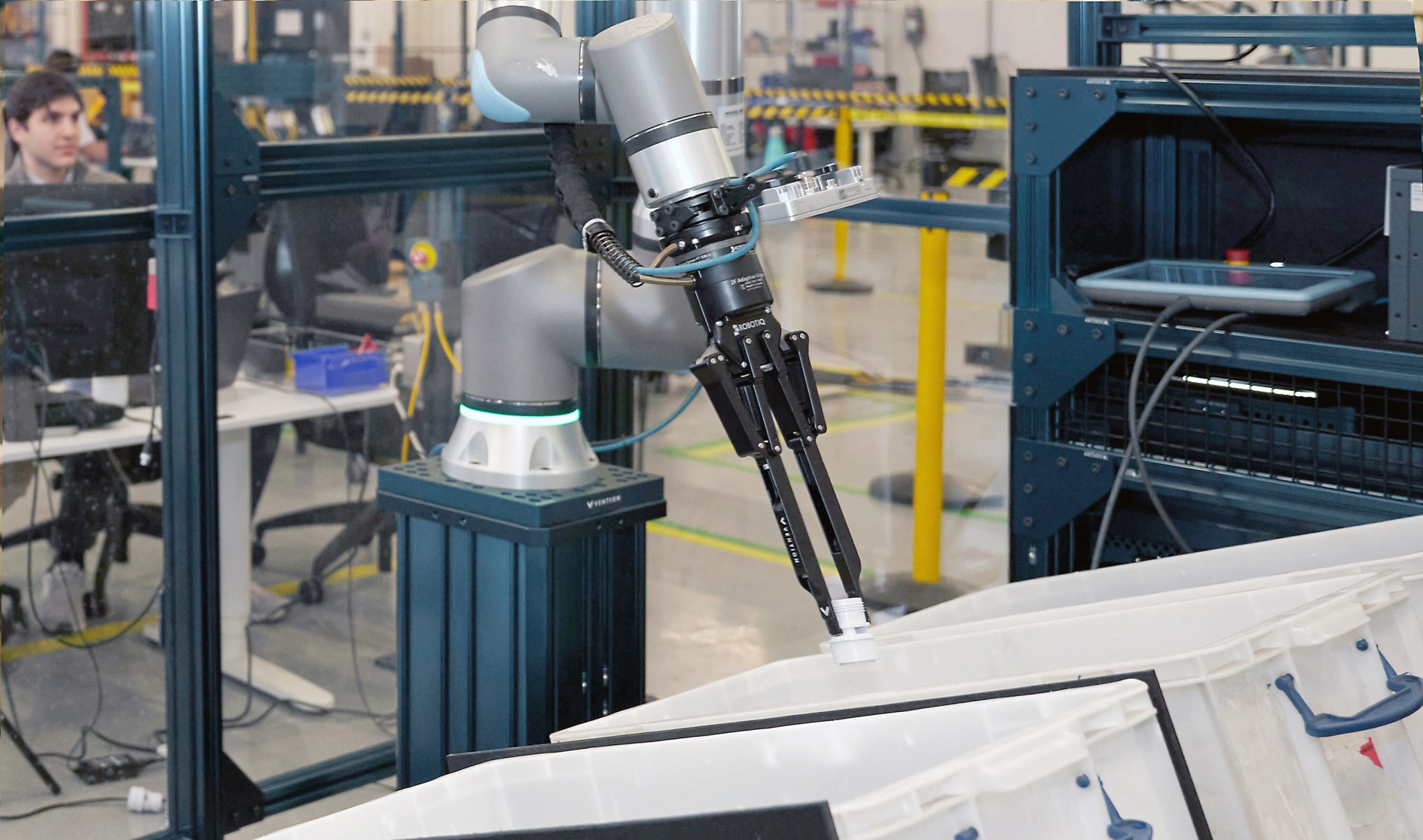Marine Corps Orders Over 200 Micro Tactical Ground Robots for Enhanced Mission Capabilities
Lightweight, Teleoperated Robots to Support Explosive Ordnance Disposal and Tactical Operations
The Marine Corps has ordered hundreds of new Micro Tactical Ground Robot systems that can perform a variety of missions for the service.
The robots — manufactured by Israel-based Roboteam — are lightweight, portable platforms designed to be used indoors and outdoors for tactical missions including explosive ordnance disposal, special operations and other missions. They weigh about 16 pounds, are teleoperated and come with a remote controller, keeping the user out of potentially harmful situations.
Matan Shirvi, the company’s CEO, said the robots — previously sold to the Air Force — were “modified” to fit the Marine Corps’ needs.
The models the Marine Corps will receive are the fourth and newest edition and have improved communications links as well as updated cameras, Shirvi said in an interview. The control unit can also operate several robots simultaneously, Shirvi said.
“We believe that the soldiers have to be as far as they can from dangerous, dangerous locations,” Shirvi said. “This is what we are doing. We’re giving the soldier the buffer that he needs in order for him not to get hurt.”
The robots are designed to be easy to use and operators can get up to speed with an initial three-hour training, Shirvi said, although additional training is needed for more advanced skills.
The Marine Corps’ initial purchase order was for more than 130 robots, which is part of a larger order totaling $30 million that includes spare parts and maintenance. Roboteam will deliver a total of approximately 200 systems to the service, a company press release stated. Roboteam has already sent the first batch of robots to the Marine Corps and plans to complete delivery by early 2025.
In the future, Roboteam hopes the robots will continue to augment humans in military operations and other perilous locations like mines and nuclear power plants, Shirvi said.
“Any area that makes human life dangerous to live, I believe that robots will replace [humans,] and they should replace” them, he said. ND


